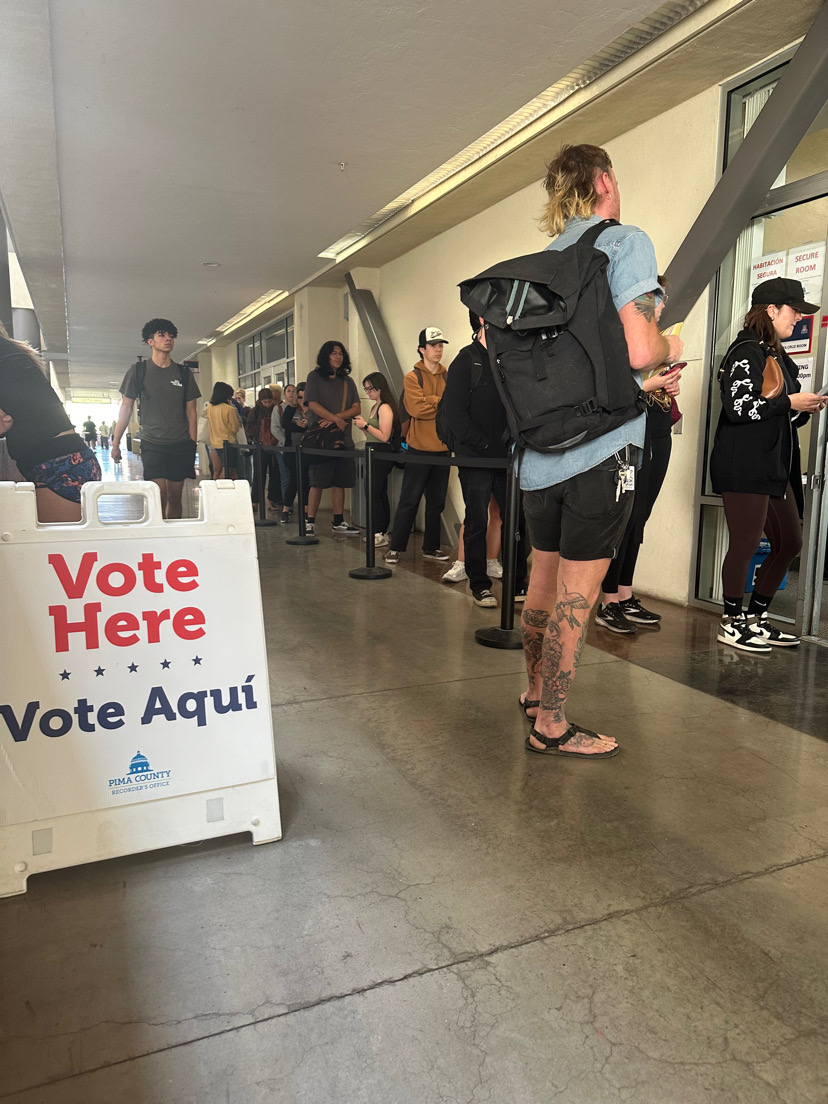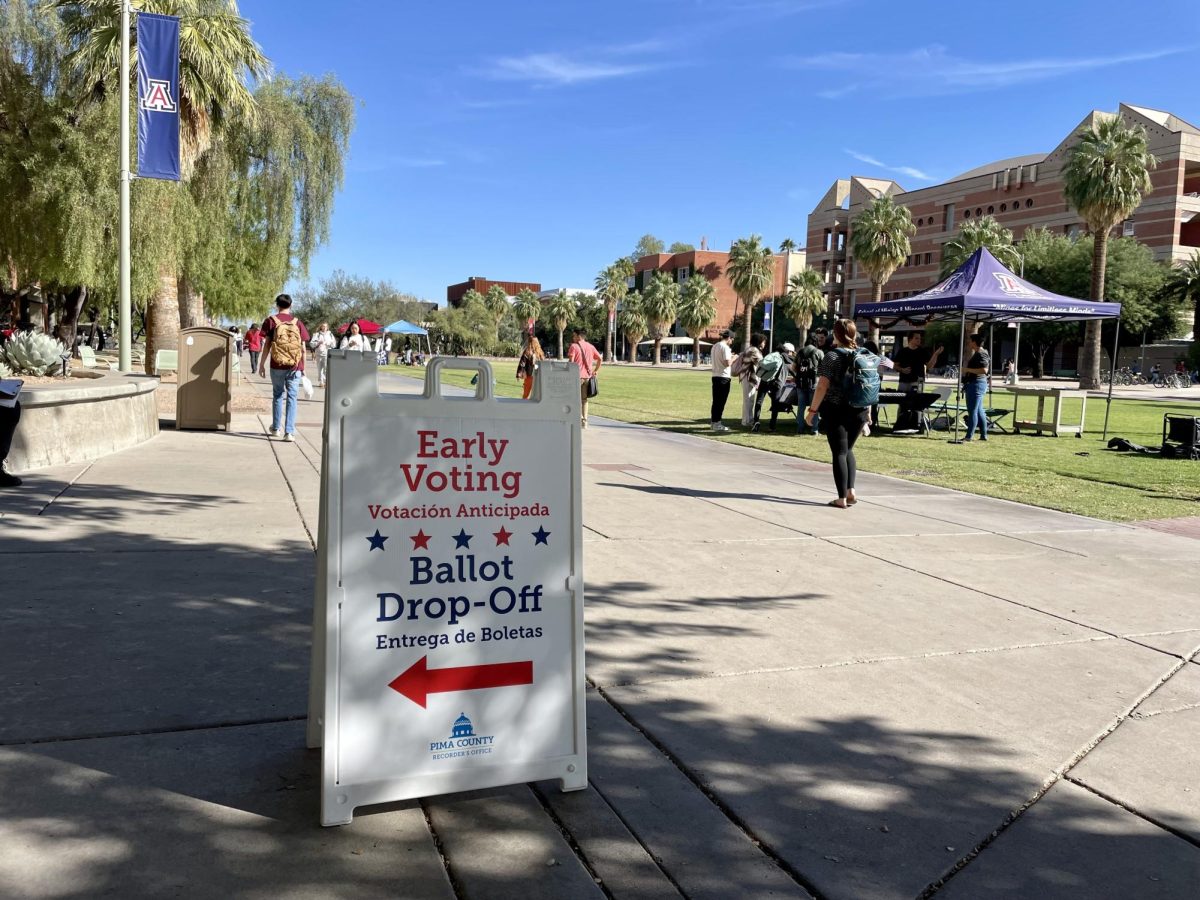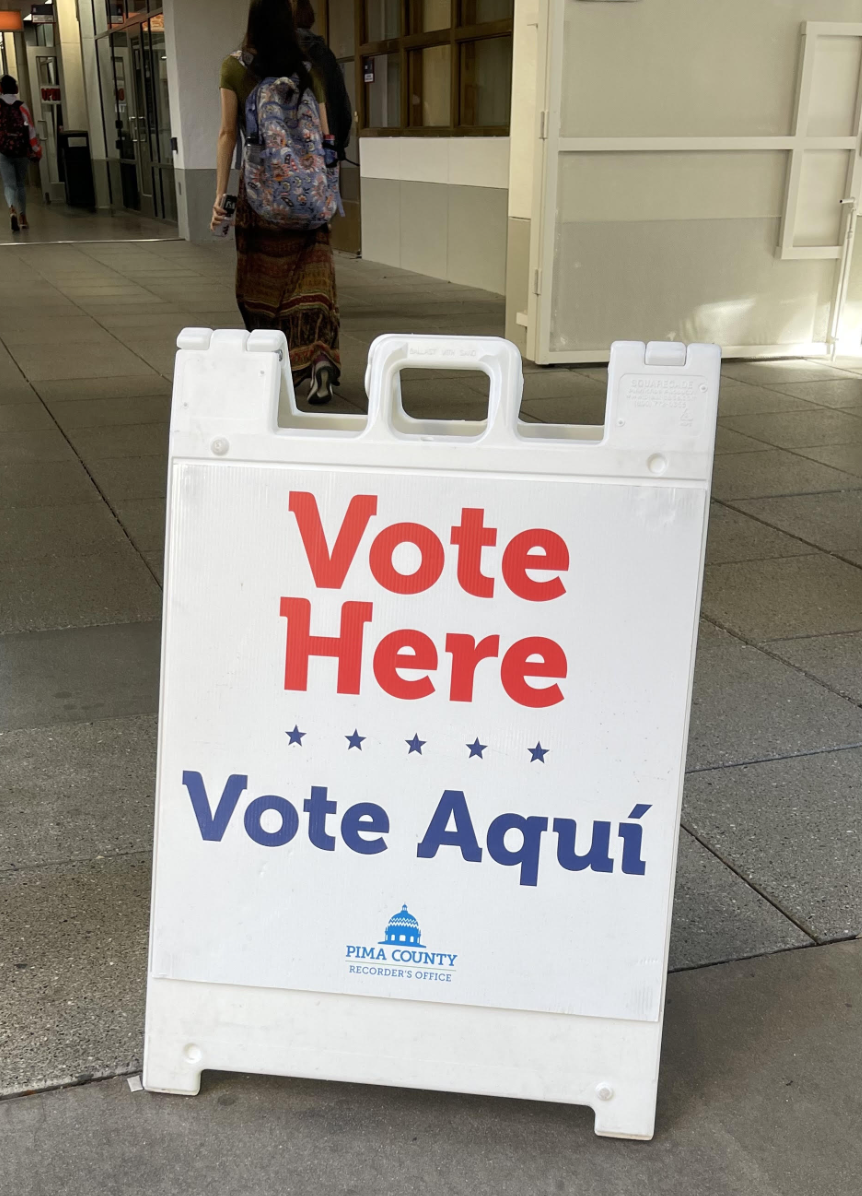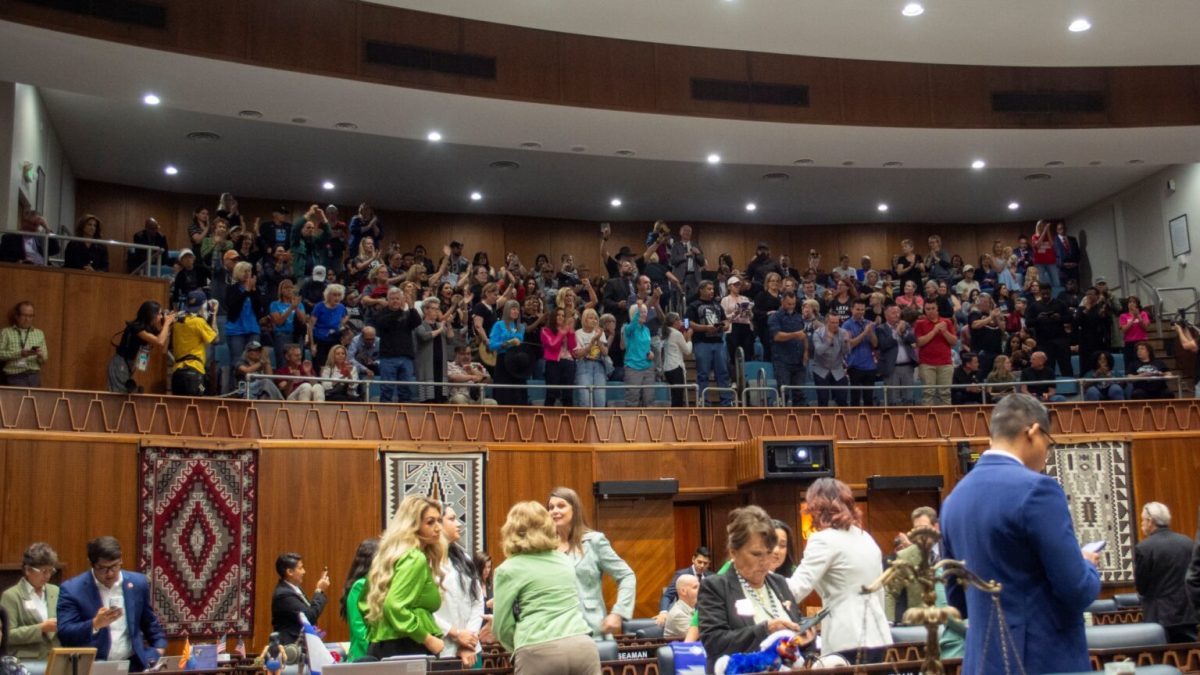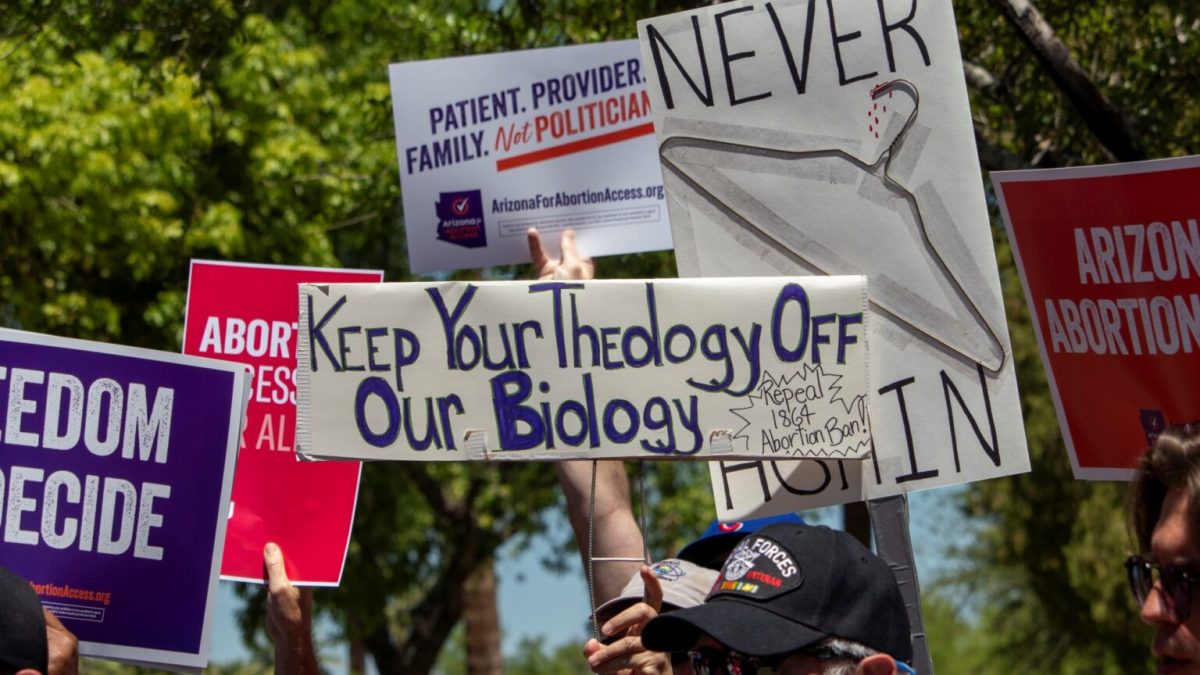As the only Black woman on the House floor, Rep. Quantá Crews is no stranger to racially charged hair discrimination.
Crews, who wears her hair in twists, said she has experienced the pressures to align her appearance as close to whiteness as she can in order to be taken seriously in professional settings. And that is what motivated her to introduce an anti-discrimination bill aimed at protecting race, ethnicity and protective styles in schools and workplaces statewide.
Crews isn’t alone in facing hair discrimination. A 2023 study conducted by Dove found that Black women’s natural hair is 2.5 times more likely to be deemed unprofessional in the workplace, and a similar study from 2021 showed 66% of Black children in predominantly white schools have endured race-based hair discrimination.
Her House Bill 2396 would prohibit discrimination against employees and students based on their ancestry, skin color, ethnic identity or background. The legislation also would protect them from discrimination based on traits historically associated with race, such as hair texture and protective styles like braids, locs and twists.
Due to its kinky and curly nature, Afro-textured hair is prone to breakage when manipulated too frequently or exposed to damaging conditions. Protective styles have been used for centuries by people of color to not only maintain hair health, but as a form of self expression and cultural belonging.
Crews’ proposal closely aligns with the “Create a Respectful and Open World for Natural Hair” (C.R.O.W.N) Act that has passed in 23 states and 51 cities nationwide, including Tempe and Tucson, which both passed local ordinances back in 2021.
Inspired by the CROWN Act, Gov. Katie Hobbs signed an executive order last year banning state agencies from discriminating against workers based on their hair style or texture.
Reactions and support from Republican legislators are lukewarm, as many were unaware or unwilling to comment on the bill or the issue it addresses upon request.
Rep. David Marshall Sr., a Republican from Snowflake and the only other Black state legislator, even questioned the necessity of a bill seeking these types of protections.
Crews said she wasn’t surprised that many of her colleagues are ignorant to the issues that face Black Arizonans
“I think some of us are not aware of challenges that don’t impact us. If you don’t have a curly hair texture or wear natural protective styles, and you haven’t experienced that kind of discrimination, it would not be an issue,” Crews said.
A debate over racial hair discrimination is currently raging in Texas, where 18-year-old Darryl George has faced disciplinary action since the beginning of the school year due to his refusal to cut his dreadlocks to abide by Barbers Hill Independent School District’s dress code. Texas has passed a CROWN Act law, but the school district claims the law doesn’t apply to George’s discipline.
The district was also at the center of a very similar incident in 2020, when student Deandre Arnold withdrew from the high school after he was told he wouldn’t be able to walk at graduation unless he cut his dreadlocks.
Crews said she hopes this bill encourages people of color to continue challenging the status quo in environments like schools and workplaces, where policies don’t always take into account cultural differences.
“Come out. Be seen. Take up space,” she says.
This story first appeared in AZ Mirror.




